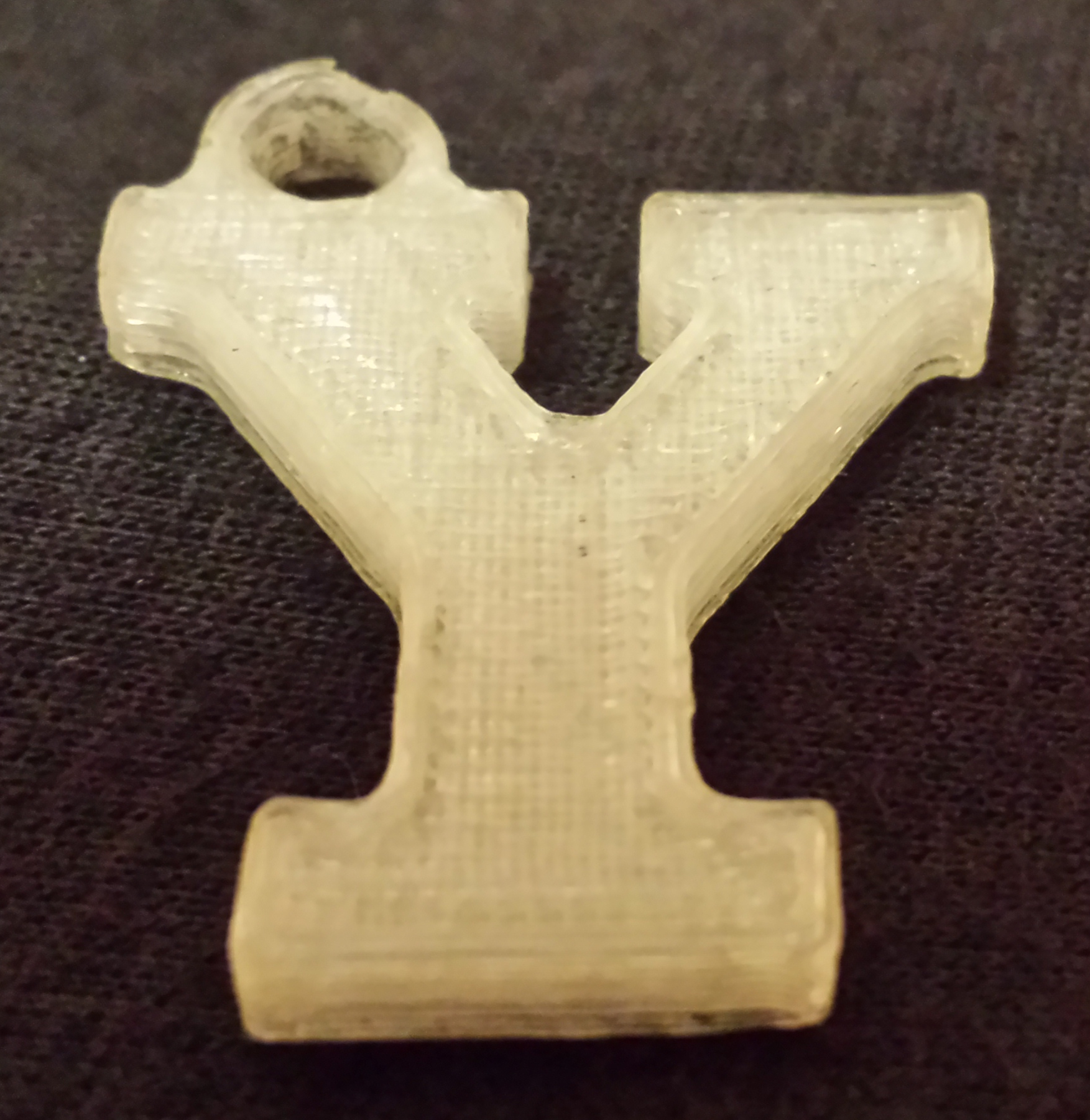Team:Yale/Project Bioplastic
From 2013.igem.org
(Difference between revisions)
| (6 intermediate revisions not shown) | |||
| Line 163: | Line 163: | ||
} | } | ||
</style> | </style> | ||
| - | <div id="cssmenu1" style="width: | + | <div id="cssmenu1" style="width:830px; margin:0 auto;"> |
<ul> | <ul> | ||
<li><a href='https://2013.igem.org/Team:Yale/Project_Overview'><span>Project Overview</span></a></li> | <li><a href='https://2013.igem.org/Team:Yale/Project_Overview'><span>Project Overview</span></a></li> | ||
| Line 171: | Line 171: | ||
<li><a href='https://2013.igem.org/Team:Yale/Project_Export'><span>Introduce Export System</span></a></li> | <li><a href='https://2013.igem.org/Team:Yale/Project_Export'><span>Introduce Export System</span></a></li> | ||
<li class='active'><a href='https://2013.igem.org/Team:Yale/Project_Bioplastic'><span>Make a Bioplastic</span></a></li> | <li class='active'><a href='https://2013.igem.org/Team:Yale/Project_Bioplastic'><span>Make a Bioplastic</span></a></li> | ||
| + | <li class='last'><a href='https://2013.igem.org/Team:Yale/Project_Collaboration'><span>Collaboration</span></a></li> | ||
</ul> | </ul> | ||
</div> | </div> | ||
| Line 176: | Line 177: | ||
=== Make a bioplastic === | === Make a bioplastic === | ||
| - | <center>[[File:Yale Y plastic.png| | + | |
| + | *We are in the process extracting the PLA using traditional chemical methods. This will allow us to characterization the compound. Our goal is to melt the PLA, and place it into a mold spelling out the word Yale. | ||
| + | |||
| + | <center>[[File:Yale Y plastic.png|200px]]<br> This PLA "Y" is for demonstration purposes only. <br> It was not made from PLA extracted from ''E. coli.'' It was 3D printed using commercially available PLA. </center> | ||
| + | |||
| + | |||
| + | === Implications for the safety === | ||
| + | |||
| + | *The long term goal of the project is to produce large quantities of PLA using our engineered ''E. coli.'' With this in mind several precautionary measurement were taken. First, the ''E. coli'' strain we are currently using has fitness hit and thus is able to grow in the wild but there threat is minimal due their inability to compete with other organisms for resources. Furthermore, our system is entirely inducible and thus in the absence of both arabinose and IPTG, no PLA is being produced. It is unlikely that if the ''E. coli'' were able to escape that they would be in an environment with both of these compounds and thus both genes would be turned off. A last strategy we will employ is moving our system into a biocontained strain that is being created in the Isaacs lab (publication in progress). Using MAGE we would rapidly move our entire system with mutations into a biocontained strain that is unable to grow outside the lab. | ||
Latest revision as of 00:22, 27 September 2013
Make a bioplastic
- We are in the process extracting the PLA using traditional chemical methods. This will allow us to characterization the compound. Our goal is to melt the PLA, and place it into a mold spelling out the word Yale.

This PLA "Y" is for demonstration purposes only.
It was not made from PLA extracted from E. coli. It was 3D printed using commercially available PLA.
Implications for the safety
- The long term goal of the project is to produce large quantities of PLA using our engineered E. coli. With this in mind several precautionary measurement were taken. First, the E. coli strain we are currently using has fitness hit and thus is able to grow in the wild but there threat is minimal due their inability to compete with other organisms for resources. Furthermore, our system is entirely inducible and thus in the absence of both arabinose and IPTG, no PLA is being produced. It is unlikely that if the E. coli were able to escape that they would be in an environment with both of these compounds and thus both genes would be turned off. A last strategy we will employ is moving our system into a biocontained strain that is being created in the Isaacs lab (publication in progress). Using MAGE we would rapidly move our entire system with mutations into a biocontained strain that is unable to grow outside the lab.
 "
"
